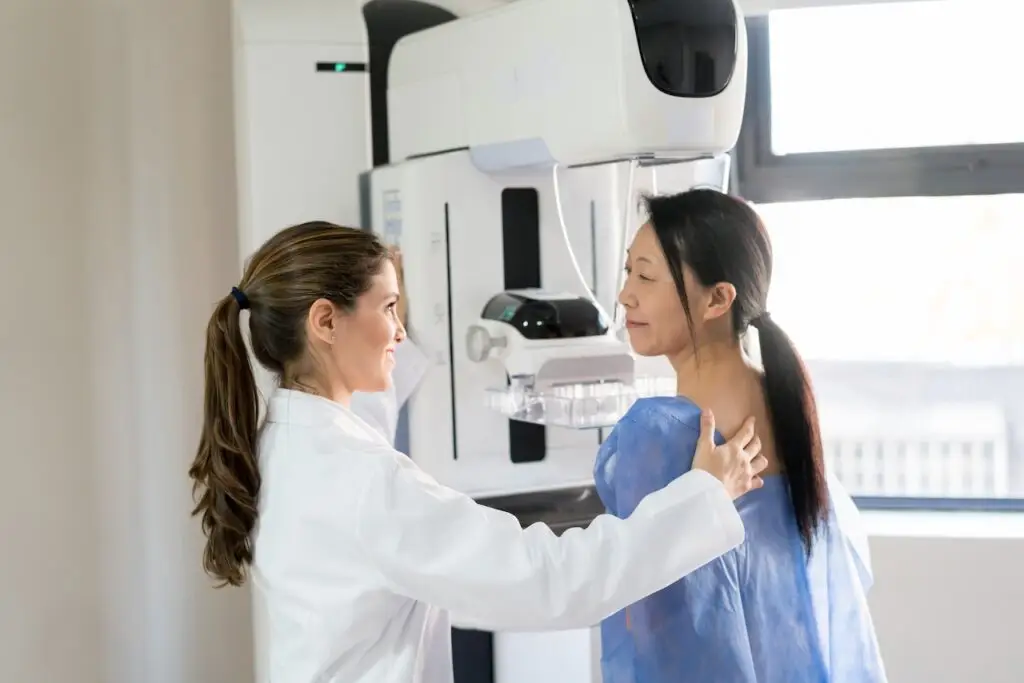For many hormone-positive breast cancer survivors, the journey doesn’t end with the last treatment session. The threat of late recurrence, which can loom for decades post-treatment, is a reality that underscores the need for vigilance and informed decision-making. Understanding the tools available for assessing recurrence risk and survival rate can empower hormone-positive breast cancer patients to effectively collaborate with their oncology team and advocate for their ongoing care.
Navigating HR+ breast cancer recurrence risks with advanced tools
- Oncotype DX and RSClin Tool: This genomic test analyzes the behavior of cancer-related genes in tumor tissue. The generated Recurrence Score aids in predicting cancer’s likelihood of coming back, along with estimating the benefits of chemotherapy. The RSClin tool further personalizes this prediction by integrating the Recurrence Score with individual patient factors, offering a tailored risk assessment.
- Breast Cancer Index (BCI) Test: Essential for long-term planning, BCI evaluates the risk of late recurrence—specifically between 5 to 10 years post-diagnosis. This test is crucial for determining the necessity of extending hormone therapy beyond the initial 5-year period.
- CTS5: Focusing on postmenopausal women (natural or those who are in a medically induced menopause), the CTS5 algorithm calculates the risk of late recurrence in hormone-receptor-positive breast cancer. It incorporates key clinical factors like tumor size and nodal status, guiding ongoing surveillance and treatment strategies.
- Predict: An accessible online tool, Predict gives an overview of hormone positive breast cancer survival rate outcomes and the potential effectiveness of chemotherapy. It uses diverse data inputs, including patient age, tumor characteristics, and treatment specifics, to provide a comprehensive outlook.
While the possibility of late recurrence can be daunting, being equipped with knowledge and the right tools is empowering. It’s crucial to be proactive about your health, staying informed, and alert to new symptoms or changes. Regular discussions with your oncology team about these tools and your risk profile can help tailor your ongoing care plan. Remember, being informed is your strongest ally in this enduring battle. By understanding the risk and having open conversations with your medical team, you can ensure the best possible care for your unique situation. To learn more about late recurrence in breast cancer read our blog.
Personalized support for real care decisions
Understand your diagnosis, explore clinical trials, and track symptoms--all in one place.
Get started
Compare treatments, prepare for appointments, and track side effects—all in the app
Built for your diagnosis, Outcomes4Me gives you the tools to make confident, informed decisions—right when you need them.
Continue in app







